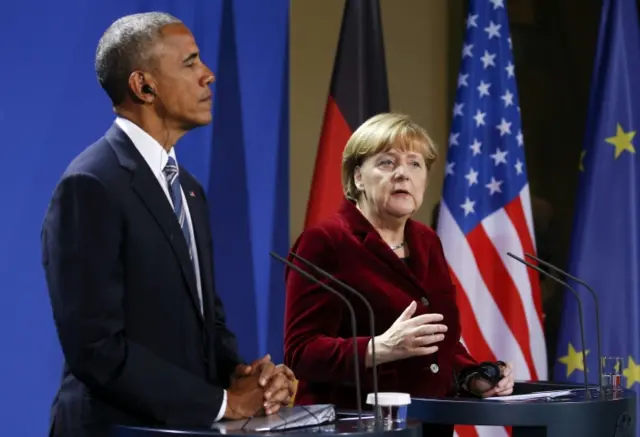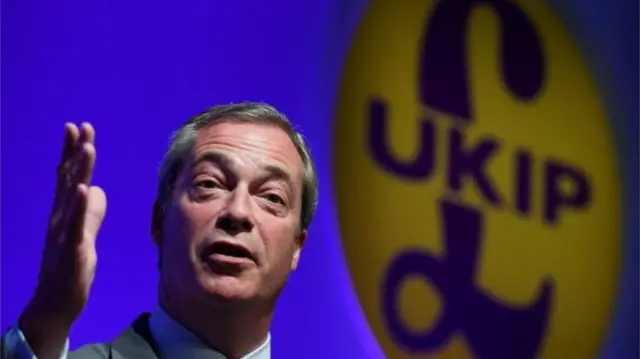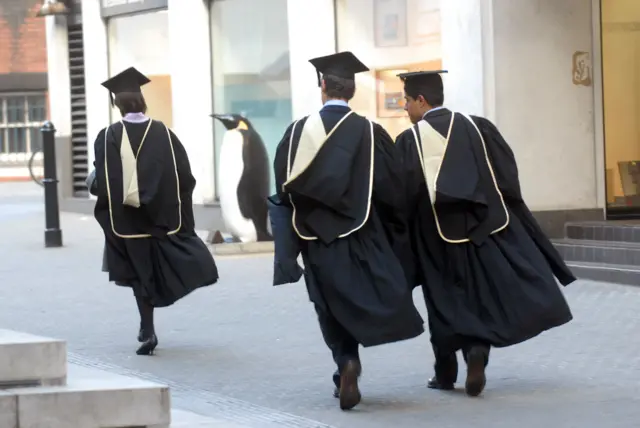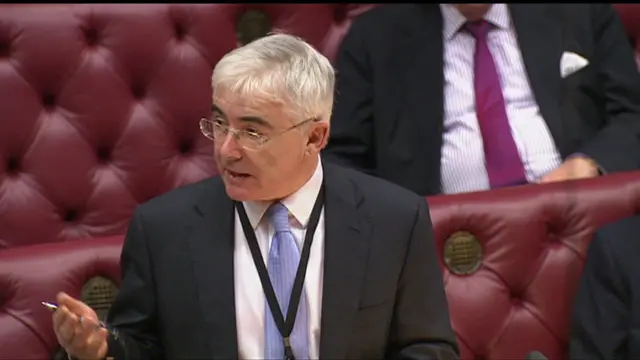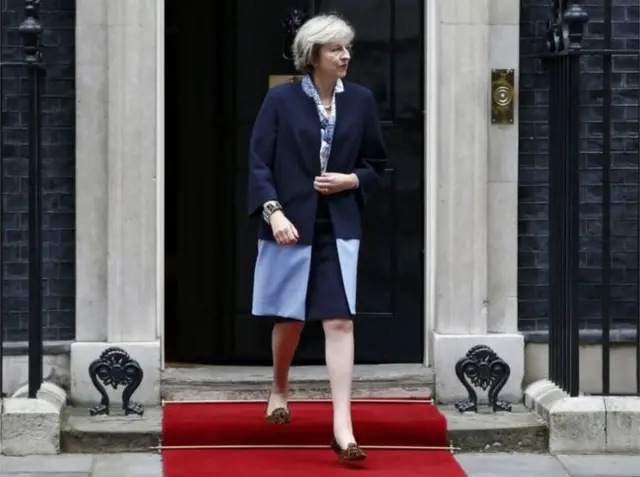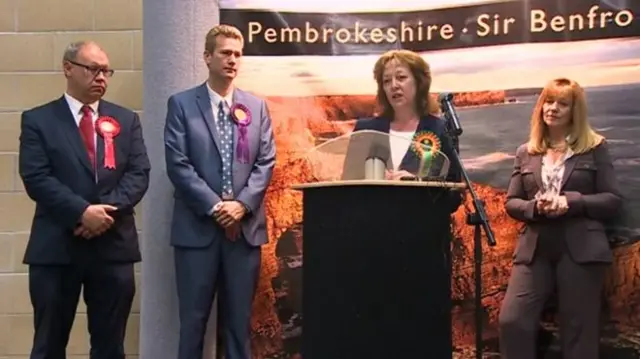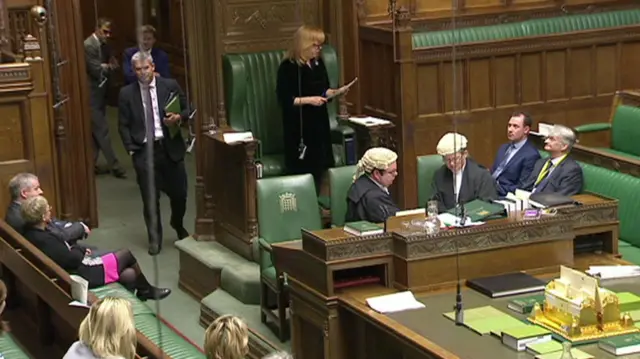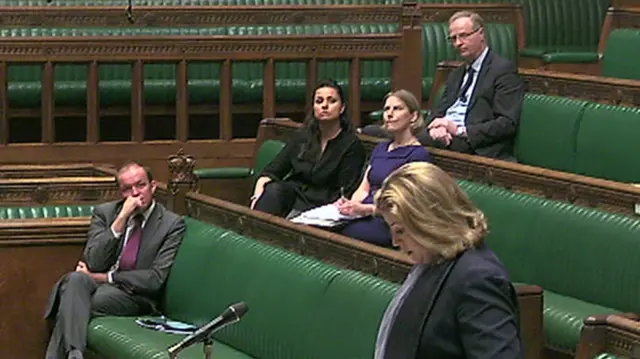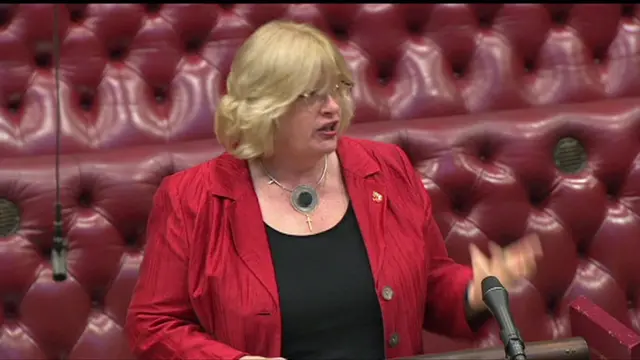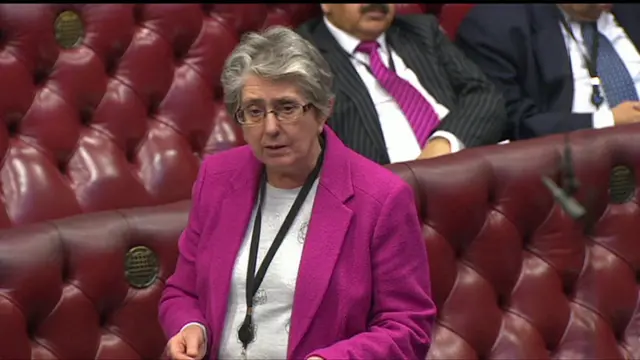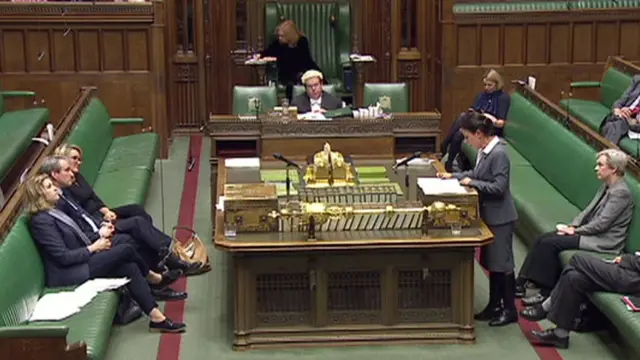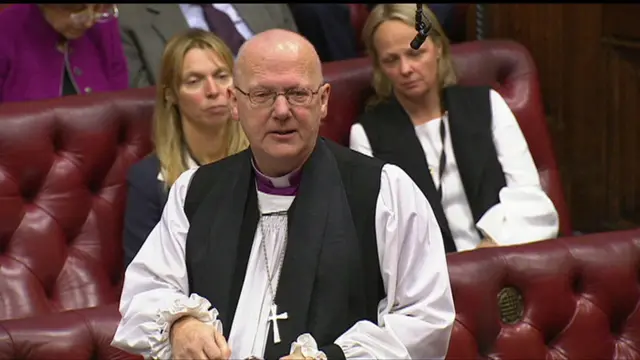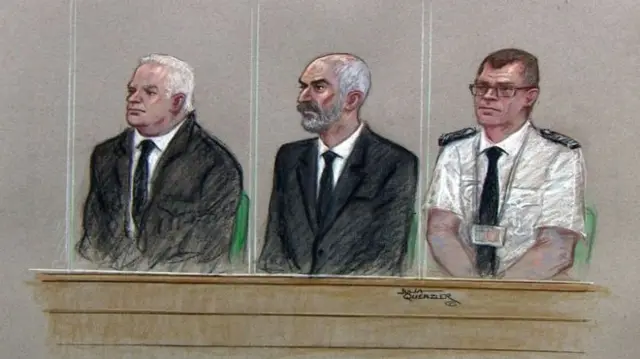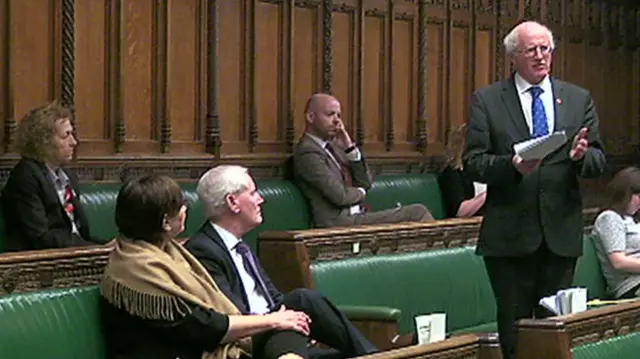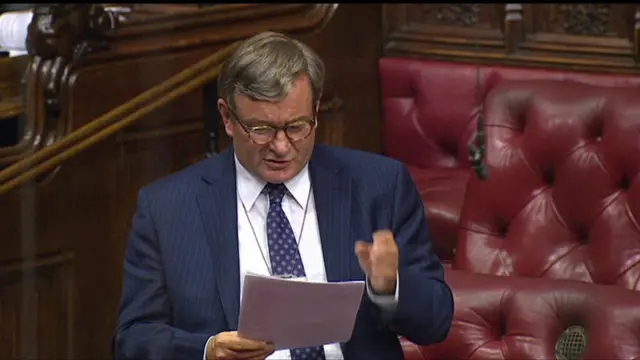Thursday round-uppublished at 18:01 GMT 17 November 2016
Here are some of the stories making the political news today.
- The government decides against a new law to curb the powers of the House of Lords to block legislation
- A witness at the Jo Cox murder trial tells the Old Bailey that he saw a man with a gun "blast" a woman lying in the road
- The UK government signs a document ratifying the world's first comprehensive agreement on tackling climate change
- A European Parliament group dominates by UKIP MEPs has denied claims it misspent EU funds on UK campaigns
- UK retail sales rise at their fastest annual rate in 14 years in October, bolstered by colder weather and Halloween sales at supermarkets.
